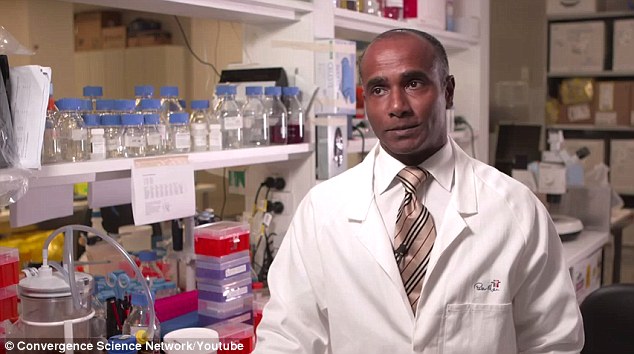Success at the Prime Minister’s Prizes for Science 2020
Congratulations to Professor Mark Dawson from the Peter MacCallum Cancer Centre for winning the 2020 Frank Fenner Prize for Life Scientist of the Year at the Prime Minister’s Prizes for Science
His pioneering research in the field of epigenetics has revolutionised the understanding and treatment of blood cancers, laying the platform for more than 30 clinical trials across 20 countries.

Professor Mark Dawson is the Associate Director of Research Translation at the Peter MacCallum Cancer Centre and has a co-appointment at the Centre for Cancer Research at the University of Melbourne. He is a pioneer in the field of epigenetics and its impact on human health and disease whose achievements have revolutionised the understanding and treatment of blood cancers. The originality and impact of his work in the field of science is recognised around the world.
Professor Dawson’s research provides the molecular evidence for several novel, first-in-class epigenetics-based cancer therapies. He has guided these therapies through several stages, from discovery in the laboratory to clinical application, including leading several international clinical trials. These breakthroughs have allowed clinicians, for the first time, to precisely target epigenetic pathways for improved treatment of people with cancer. This provides patients with access to potentially life extending novel therapies.
Professor Dawson’s first fundamental finding was the landmark discovery that kinases (enzymes that regulate the biological activity of proteins) could act within a cell’s nucleus to directly modify chromatin; altering transcription and contributing to the development of cancerous tumours. This major conceptual advance has been subsequently demonstrated for a number of signalling kinases, including across diverse fields, such as cancer, inflammation and metabolism.
His subsequent work helped establish the paradigm of targeting epigenetic readers as a novel therapeutic strategy in cancer. He remains a world-leading expert in this field and his work in improved anti-cancer treatments has led to significant improvements to the welfare of people with cancer.
His research into bromodomain and extra-terminal (BET) protein regulation of malignant gene expression (and how that could be inhibited) broke new ground and established this class of molecule as a therapeutic target for cancer therapy. This pioneering work ignited drug discovery and development programs in several international pharmaceutical companies, with several BET inhibitors now in clinical development in Phase 1 and 2 trials.
His development of novel cancer therapeutics has expanded into the research of cutting-edge technologies to advance capabilities in preclinical drug discovery. This includes an innovative approach to allow real-time evaluation of drug kinetics in live systems, which is recognised as paradigm-shifting by world leaders in the field.
The originality of Professor Dawson’s research is reflected in his outstanding publication record as lead and/or senior author, including five publications in Nature and two in Science.
Over the past 10 years, Professor Dawson has been a named Chief Investigator on major projects receiving more than $12.5 million in national and international funding.
He is already championing science to younger Australians and for the benefit of humanity. He is a compelling orator who promotes the excitement and the power of science whenever he can.